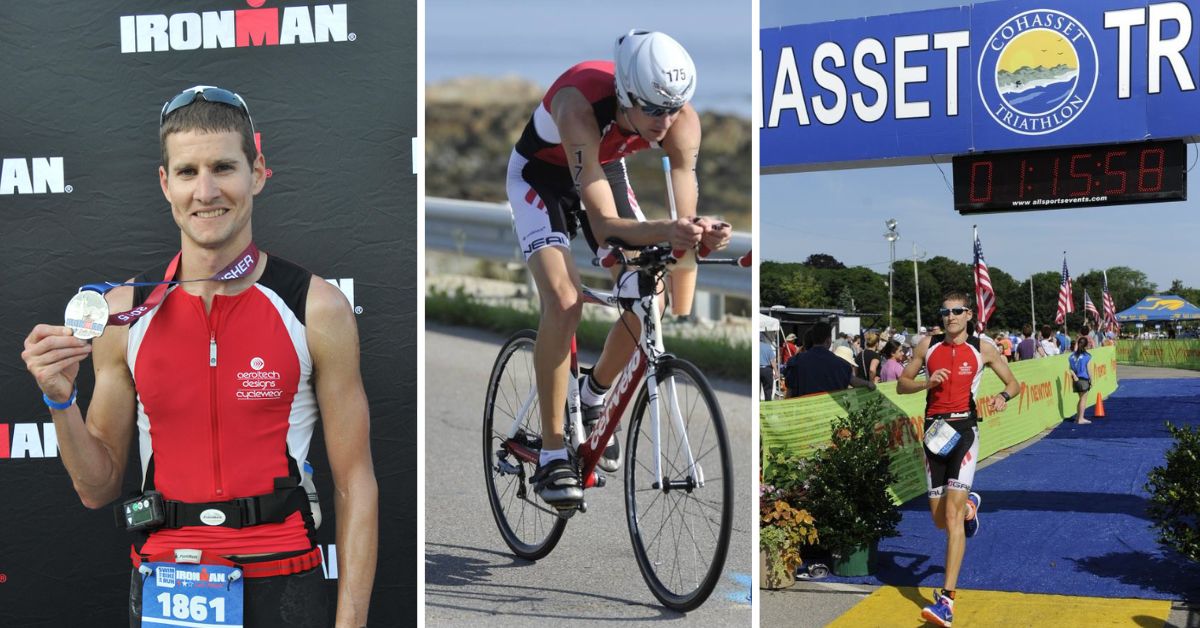Tim Weeden
Date Posted: Wednesday, April 10, 2024
Tim Weeden has been living with type 1 diabetes (T1D) since 1985. The experience and knowledge he gained over the years has helped him reduce the impact that diabetes had in accomplishing his goals as a scientist, competitive athlete and family man. He has maintained an A1c between 5.8 – 7% for the past 35 years.
His mother had T1D, so Tim and his siblings were tested as children. Increased risk of developing the disease is linked to the presence of five diabetes-related autoantibodies. They detected autoantibodies in Tim at the age of 6, and he was diagnosed with T1D at 8 years old. He immediately took an interest in the science of disease progression, which led to a career as a research scientist. Tim currently studies autoimmune diseases with a focus on mid-sized to large molecules. Previous work in diabetes research had him investigating longer acting insulins.
Tim was a runner and cyclist in high school and college, and began participating in triathlons and half ironman races in his teens. Now he participates in full ironman events, consisting of a 2.4 mile swim, 112 mile bicycle ride, followed by a full 26.2 mile marathon!
After moving to Central MA in 2004, Tim began receiving his diabetes care from Endocrinologist Samir Malkani, MD. “Dr. Malkani is very encouraging and open minded to the latest therapies, dosing, and strategies,” said Weeden. “He provides me with information about new insulins and other technologies.” Tim has tried an insulin pump, however it did not fit with his lifestyle of training and competing in the swim/bike/run events. Instead, he gives himself six injections each day using an insulin pen. He does use a Continuous Glucose Monitor (CGM) and credits it with improving his athletic competition considerably. “I'm now over an hour faster in the full ironman and 45 minutes faster in the half, from when I was in my 20’s.
The key for preparing for these events is, “knowing your own body and how many calories you burn when training and racing.” Using the latest insulin and CGM technology, he knows what must be done to treat and maintain his blood sugars, or in his words “pinpoint my magic equation.”
Tim’s two children are following in Dad’s footsteps. They participate in triathlons and are interested in math and science. Both children have been involved in The Natural History Study of the Development of Type 1 Diabetes (TrialNet) at the UMass Diabetes Center of Excellence since they were three years old. Relatives of people with T1D are 15 times more likely to develop the disease than the general population. The study can identify the early stages of T1D years before symptoms appear. It also helps researchers learn more about how T1D develops and to plan new studies exploring ways to prevent it.
